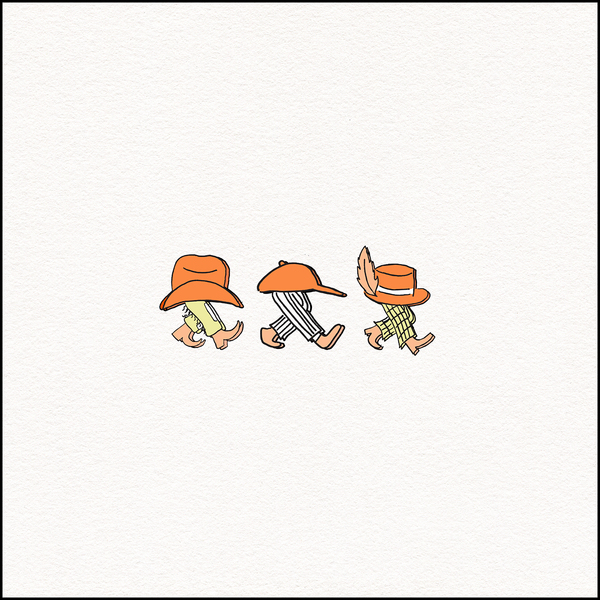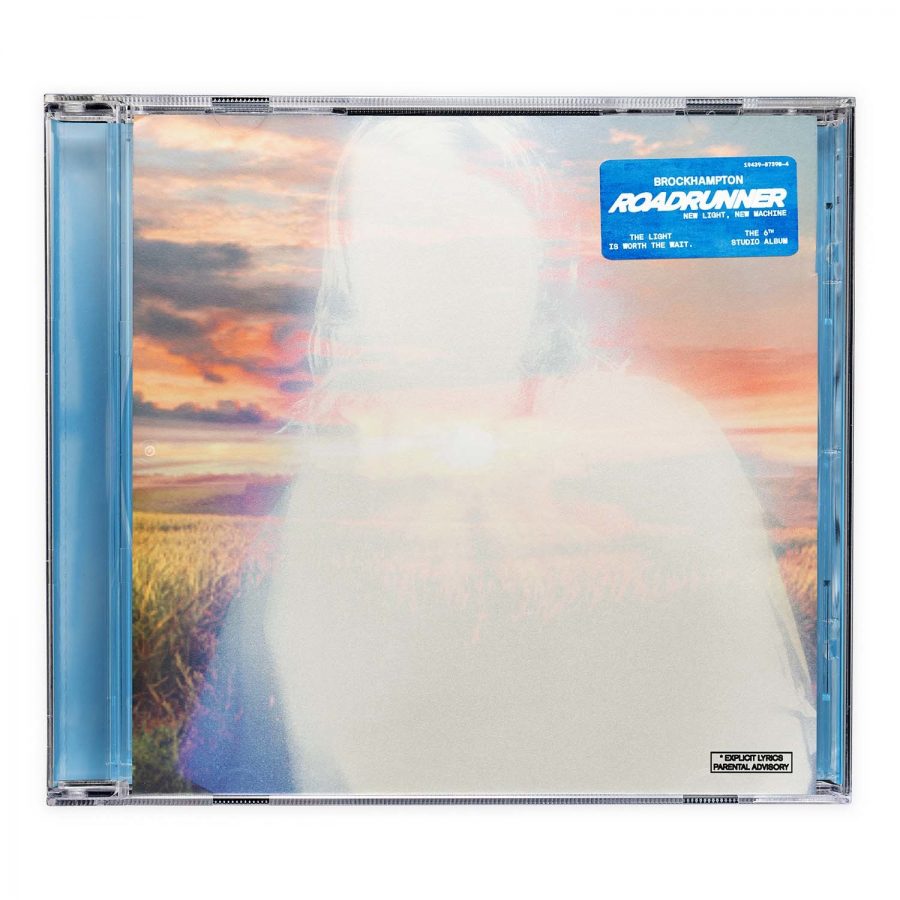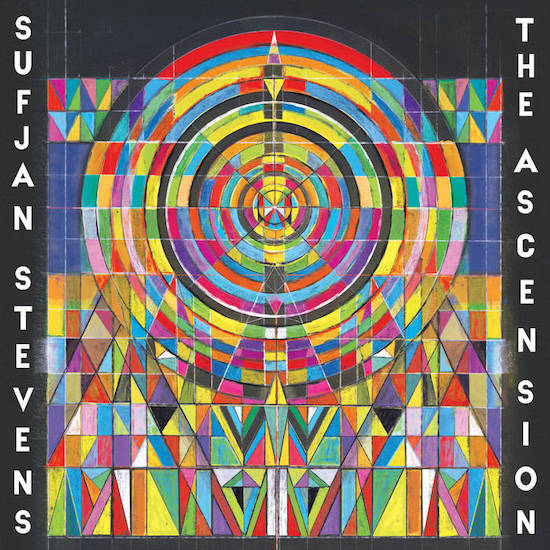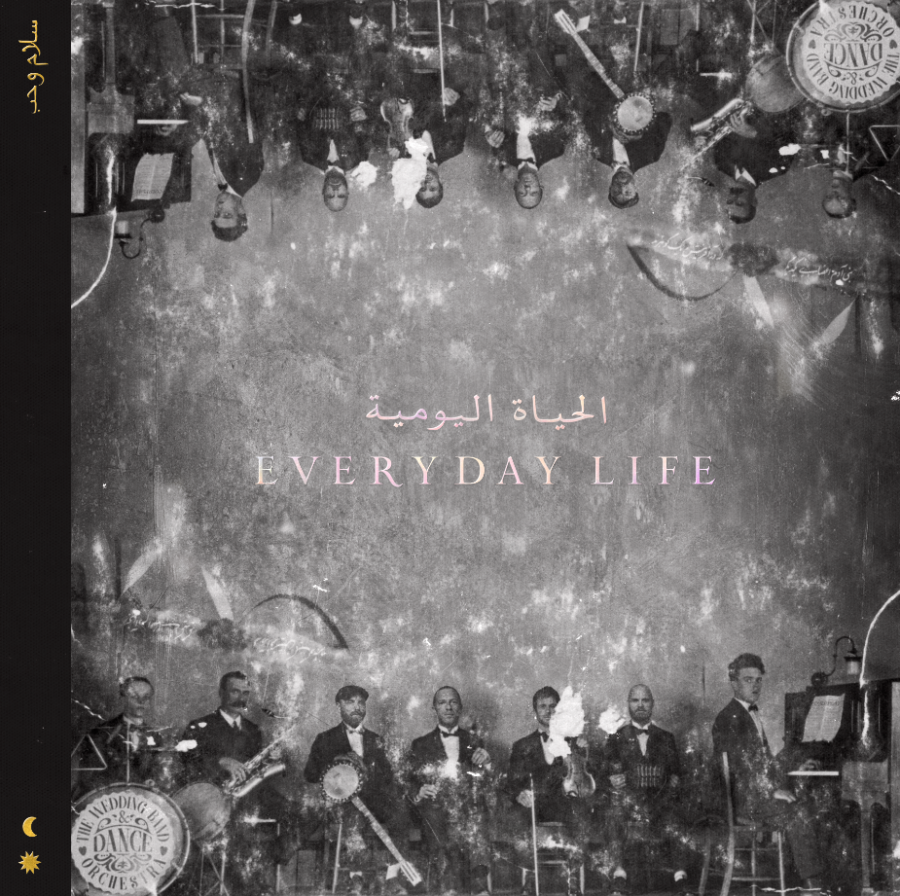Released in the first half of June, British band These New Puritans’ third record, “Field of Reeds,” has garnered considerable acclaim in all manner of English-language publications.
These accolades are completely deserved, as the record takes rock music in multiple fascinating and paradoxical places.
Balancing the organic and programmed, popular song forms and risky experimentation and deep emotional appeal with a keen cerebral instinct, “Field of Reeds” is a beautiful collection of music that fits the fast-approaching fall season’s play of melancholy and festive colors.
One of the album’s strengths is the process used to create it. These New Puritans, not content with a conventional studio approach, opted for a more meticulous method.
Working with a pair of classical ensembles, employing an unusual magnetic resonator piano and filling more space with recordings of ambient sound are far from standard practices for a rock band. However, the product of these labors is neither incoherent nor contradictory.
Each of the album’s nine songs, which span a length of about 53 minutes, emerges naturally and feels structurally sound despite having an ambient and even celestial quality. The latter is particularly evident on the final and title track, which features male choirs of the sort usually heard in sacred music.
Much like the later “Talk Talk” albums, the compositions are given plenty of space and time to develop, settling in between cluttered and spacey.
The longest track, “V (The Island Song),” exemplifies the darker direction in which the band takes some of the songs. Incorporating dissonance, strange harmonies and obscure-found sounds, this track, which unfolds over nine minutes, manages to be transfixing as well as surprising.
The band’s legendary attention to detail pays off handsomely here. While some of the tracks derive their atmosphere from horn parts, others pair these more acoustic sounds with electronic beats, establishing a tension between an almost regal or stately pace and more sinister aspects.
The defining characteristic of the album is in this tension, which pays off handsomely in all of the nine compositions.
While Western classical, sacred and ambient electronic music comprise much of the substance of the album, its structure is distinctly jazz-based. This is not so much because the tracks feature much improvisation — there may be none for all we know — as in the way sounds play off of one another and seem to converse despite their apparent strangeness.
There is also a playfully academic sense of discipline in “Field of Reeds,” where everything feels precisely placed and harmonious even when it dives into more surreal territory.
At times this mannered precision threatens to compromise the effortless feel of the album, but it never makes any of the tracks feel too labored. This is also redolent of many jazz efforts, which, despite the speed in which they are recorded, tend to have an intense intra-group discipline in the way they emerge.
These New Puritans have managed to outshine their fellow labelmates, Alt-J, with this new release. No doubt this album is pitched to a far narrower audience than the latter’s psychedelic revivalism.
Yet, I appreciate the ways in which “Field of Reeds” evokes its title, growing and changing in an almost naturalistic way while bending and reaching into obscure shapes and locales. Those looking for a blissful, composed 53 minutes of music could find few better than this among the summer releases.











